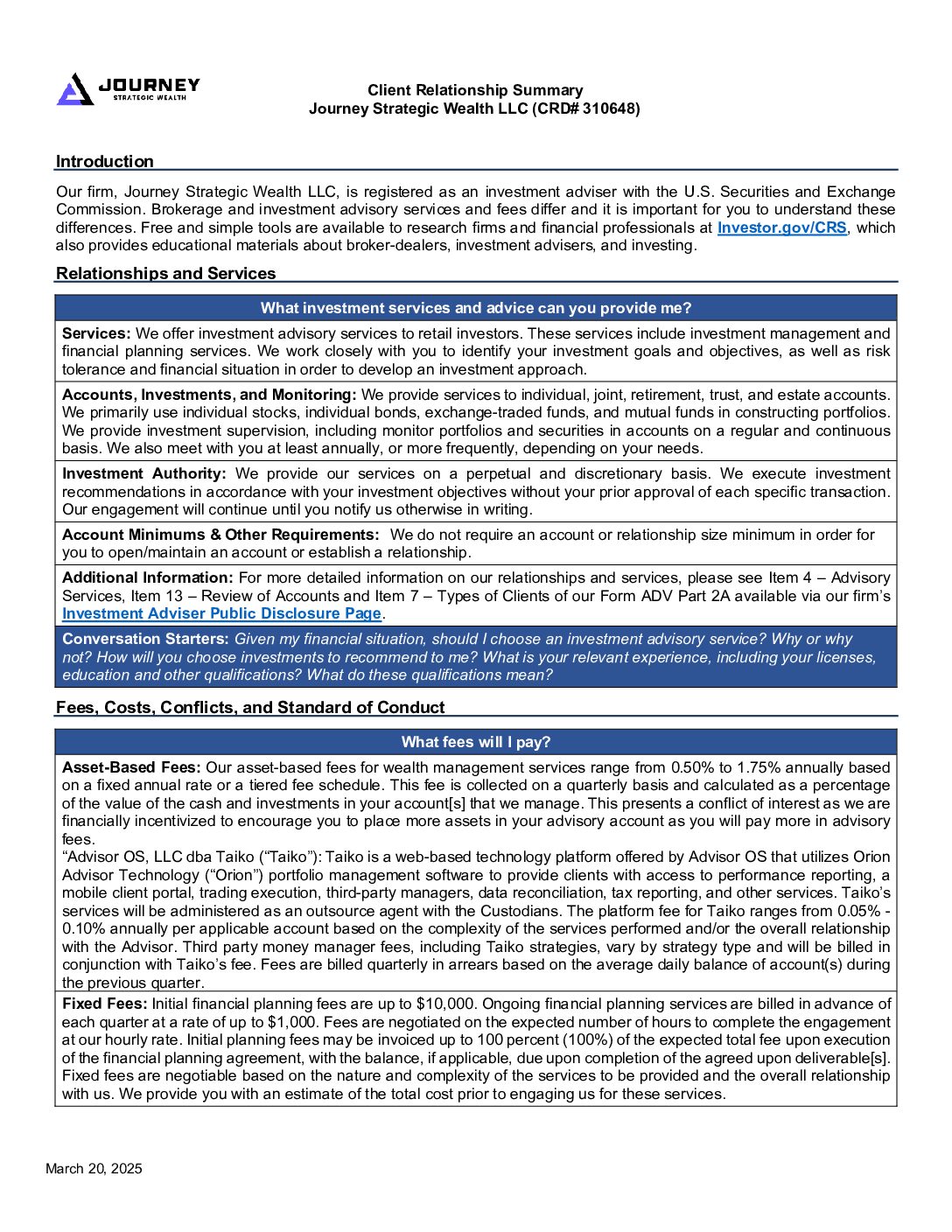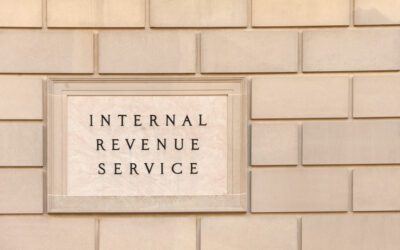Legacy Planning for Ultra-High-Net-Worth Families: Secure Your Wealth for Future Generations
Imagine the legacy you’ve created, the wealth built over decades, carefully nurtured businesses, and valuable assets, all seamlessly transitioning to the next generation.
This is, of course, the ultimate goal for ultra-high-net-worth (UHNW) families, but to achieve it requires a strategic approach to legacy planning. To make sure your wealth endures across generations, unburdened by unnecessary taxes and legal hassles, there are a number of things to focus on.
Let’s explore how strategic planning can make this vision a reality for your family.
Transferring Assets in a Tax-Efficient Way
Tax efficiency is a primary concern for UHNW families looking to transfer assets in a way that retains as much value as possible after taxes. There are several strategies to ensure that your wealth is passed on with minimal tax impact, from lifetime gifting to creating trusts and leveraging family-limited partnerships.
Gifting Assets
Imagine transferring significant portions of your wealth while still enjoying it. Lifetime gifting lets you do just that. The IRS allows you to gift up to a specified amount per year, per recipient, without triggering gift taxes. Over time, this can drastically reduce your taxable estate and, in turn, your estate taxes. Plus, direct payments for education or medical expenses don’t count towards this limit, offering another tax-efficient way to support your loved ones.
Establishing Trusts
Trusts are a versatile tool when it comes to legacy planning. Irrevocable trusts, in particular, can remove assets from your taxable estate, thus reducing estate taxes. More than that, trusts give you control—ensuring your wealth is distributed according to your wishes and protected from mismanagement or creditors. Specific trusts like Grantor Retained Annuity Trusts (GRATs) and Charitable Remainder Trusts (CRTs) can sweeten the deal with additional tax benefits.
Family Limited Partnerships
Family Limited Partnerships (FLPs) allow family members to pool their assets into a single entity, which can be managed by the senior generation. This structure provides opportunities for significant tax savings through valuation discounts and gradual transfer of partnership interests. FLPs also shield your assets from creditors and ensure a smooth transition of business ownership.
Eliminating Probate
Probate can be a lengthy and costly process that erodes the value of your estate. For UHNW families, the stakes are even higher due to the complexity and size of their estates. Setting up trusts is an effective way to bypass probate. Trusts not only expedite the transfer of assets but also provide privacy, as they are not subject to public record like probate proceedings. Additionally, trusts can be designed to address specific family needs and contingencies, ensuring a smoother and more controlled distribution of wealth.
Revocable Living Trusts
A revocable living trust is a popular tool for avoiding probate. You transfer the ownership of assets to the trust during your lifetime, meaning they can be managed and distributed according to your wishes without probate. This type of trust offers flexibility and control, as you can amend or revoke it anytime.
Joint Ownership
Joint ownership with rights of survivorship is another way of avoiding probate. When one of the joint owners passes away, the property will automatically transfer to the surviving owner without probate. This can be particularly useful for real estate and financial accounts. However, it’s important to understand the potential tax implications and risks associated with joint ownership.
Payable-on-Death (POD) and Transfer-on-Death (TOD) Designations
These designations can be added to bank accounts, retirement accounts, and investment accounts, allowing the assets to pass directly to the named beneficiaries. This avoids probate and ensures a swift transfer of funds.
Managing the Transfer of Businesses or Other Illiquid Assets
For ultra-high-net-worth families, wealth often resides in businesses or other illiquid assets, making transfers a challenge. Without a solid plan, heirs might be forced to sell these assets to cover taxes.
A smart succession plan ensures your business stays in the family, thriving through generations. Buy-sell agreements safeguard ownership transitions, funded by life insurance to provide liquidity without disruption. Establishing a family office can streamline management, while trusts can tailor the transfer process.
The Importance of Having a Plan
Regardless of how simple or complex you think your estate is, having a legacy plan is essential. Even seemingly straightforward estates can encounter significant obstacles without proper planning.
Don’t put yourself and your loved ones at risk of unnecessary taxes, family disputes, and the potential loss of family businesses or assets. By proactively addressing these issues, UHNW families can ensure that their wealth is preserved and transferred according to their wishes. Book a call to talk to one of our team and start creating a comprehensive legacy plan.
This material is distributed for informational purposes only. Investment Advisory services offered through Journey Strategic Wealth, an investment adviser registered with the U.S. Securities and Exchange Commission (“SEC”). The views expressed are for informational purposes only and do not take into account any individual’s personal, financial, or tax considerations. Opinions expressed are subject to change without notice and are not intended as investment advice. Past performance is no guarantee of future results. Please see Journey Strategic Wealth’s Form ADV Part 2A and Form CRS for additional information.




















